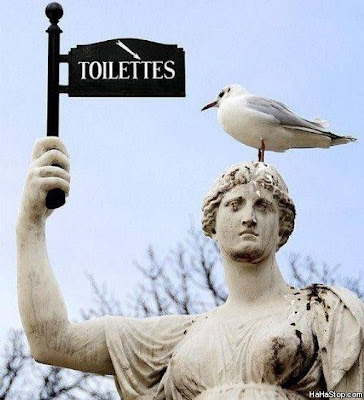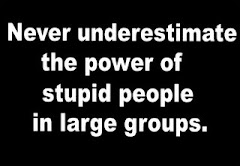
What does jumping or jump the gun mean? Meaning, origin and example.
Not much confusion as to the meaning. When one jumps the gun you commit yourself to an action before it is wise to do so. Most references refer to negative results that happen when this action is taken. Jumping the gun can be as a result of impatience, trying to gain an unfair advantage or simply taking a decision based on incomplete information or no information at all.
Impulsive action without thinking could also be jumping the gun from my way of thinking.
So, get your ducks in a row before you take an action you might regret later.
Now, the origin part. As with the greater majority of sayings, idioms etc there are often multiple sources quoted.
The most popular source quoted relates to things athletic. In track and field events the athletes line up and wait for the starter’s gun to go off before running off as fast as possible. To jump the gun means the athlete takes off before the starter’s gun has been fired. This means the athlete has an unfair advantage, and the race is usually restarted after declaring a false start.
From what I can gather the first printed reference was in 1942. Jumping the gun was previously known as “ to beat the pistol” with printed references back to 1905.
A second quoted origin relates to things naval and military. In the military sense the infantry were in positions behind their artillery. As the enemy approached the soldiers would sometimes rush forward to engage the attackers and suffer casualties inflicted by their own guns. Jumping the gun was rushing forward before the artillery guns had ceased firing, which was not a wise thing to do.
A third source relates to pegging of claims in Oklahoma in the 1800’s. Prospectors had to wait until a cannon was fired before they could rush off and do the pegging part of their claim. Those who started running before the cannon was fired were shot by troops, who were there to ensure that all was undertaken in an orderly fashion. Not many references to this one though.
Nowadays the meaning has evolved to include the concept of taking a decision based on information that is incomplete or not accurate. No sounds of guns.
If, for example, you were waiting for a traffic light to turn green, and you drove off while the light was still red, you would be jumping the gun.
Image : Wikipedia
UPDATE 9 December 2009
Truth be told, I get virtually no comments on posts. That I do not mind. The site averages round about 120 page reads a day. Given the limited time I have to do justice to the occasion and the limted number of posts, I am happy.
Now and then one gets a nice comment and thats nice. (One that jumps to mind was something to the effect of " thank you for helping me with my homework, I got 90%". That is a topic for discussion me-thinks.
The garbage that is entered into the comments section is horrible. This post is a good example.
So, all comments from now on I will have to "moderate".
Why...why why?



































